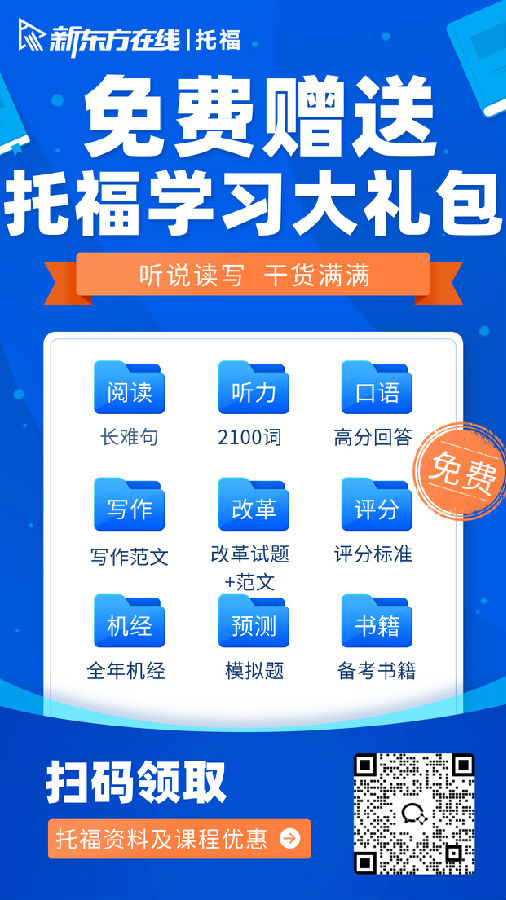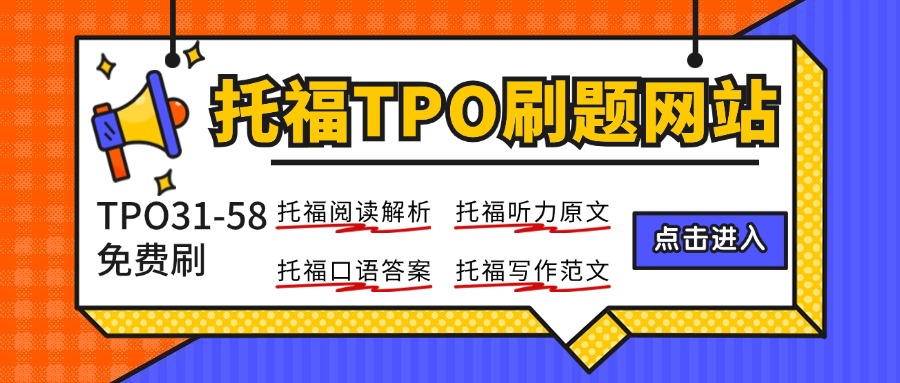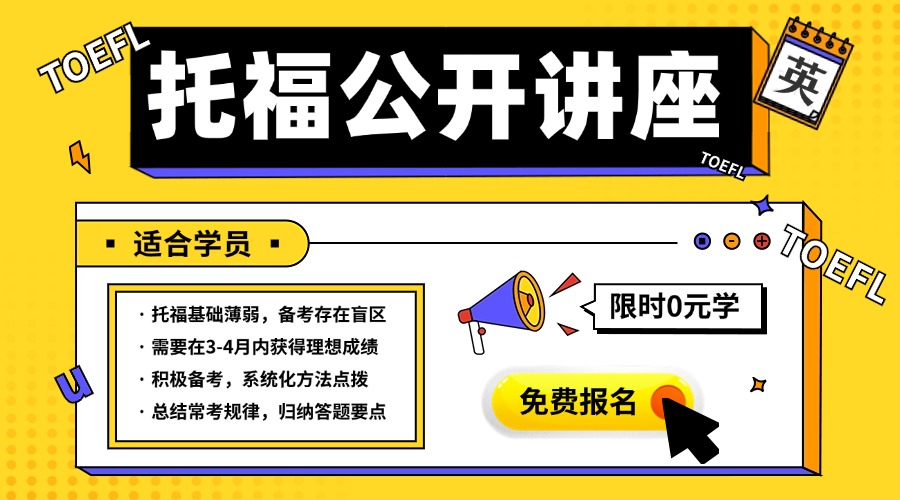2024.11.18 16:24
托福考试网整理了2024年托福考试时间、托福备考资料、托福培训课程等内容、今天带来的是托福机经2024:11月13日托福写作机经汇总,希望对大家的托福考试有所帮助!
2024年托福写作机经汇总
托福综合写作机经试题
阅读
1. One of the critics' concerns is that a bacterial population, dramatically increased by feeding on an oil spill, will stay in the area after the spill is cleaned up. The bacteria could come to dominate the area, competing with native plants and animals for food and sunlight. The negative environmental effects of this could be significant.
2. Second, bacteria at the oil spill site must be given extra nutrients (such as nitrogen and phosphorus) in order to grow, reproduce, and do their job at an efficient rate. The problem is that the extra nutrients can leak outside of the
area affected by the spill, and they may attract and feed other marine organisms. This can result in extremely rapid population growth among the other organisms, upsetting the balance of marine ecosystems near the spill.
3. Third, if oil-transporting companies start to believe bacteria can cheaply and efficiently clean up oil spills, they might start to pay less attention to spill prevention. This could lead to spills becoming more frequent. More frequent spills could cause lasting environmental damage because some harmful oil components are too complex for the bacteria to break down, and these components remain in the ocean even after a bacterial cleanup.
听力
1. First, it's very unlikely that the bacteria can contaminate the ocean ecosystem after the spill is cleaned. These bacteria have evolved to feed on one thing oil. They naturally thrive only in ocean habitats that contain oil from natural sources. So in an oil spill situation, once the bacteria have broken down the oil into
harmless chemicals, they quickly die off since their main food source. Crude oil has been depleted.
2. Second, it's true that nutrients used to support oil eating bacteria might upset the balance of the ecosystem. However, you have to compare this risk with the damage that is certain to take place in the ecosystem if we failto use bacteria and rely on more traditional methods of cleaning up oil spills. The traditional methods are pretty slow. And allow toxic oil to sit in the ecosystem long enough to wipe out much of the life in it. This damage is typically long lasting. By comparison, damage
caused by an excess of nutrients is typically not as great. And the affected ecosystem reestablishes its old balance faster.
3. Finally, I'm pretty sure oil transporting companies will remain very careful about
preventing spills. Even though the bacteria can make the cleanup of the spill faster and cheaper, there are other costs the companies have to cover when a spill occurs. For example, millions may have to be spent compensating local fisheries for the time they cannot fish in the affected waters. And there may be other penalties and payments to compensate for potential loss of tourism and damage to other industries in the area. So the companies will still have plenty of motivation to keep very strict safety precautions to prevent oil spills.
托福学术讨论写作机经试题
Doctor Achebe: This week, we'll be discussing ways in which schools can help expose their students (aged 5-18) to learning experiences beyond the classroom. Let's begin by discussing one popular idea that some schools are considering-offering outdoor classes once a month. On the day of outdoor classes, students will be transported to local parks or nature preserves, and teachers can help students explore nature and learn about the environment. Do you think this is a good idea?
Kelly: Having outdoor classes once a month seems like an exciting way of providing students with interesting hands-on experiences. However, I don't think these classes would be a worthwhile use of instructional time and of school resources. These classes could put substantial pressure on schools financial resources and on teachers, who may have to redesign their lesson plans.
Paul: Outdoor classes can increase students' motivation for learning about interconnectedness in the natural world. These classes could be great opportunities to teach students about dire environmental problems, such as pollution,and ways of addressing these problems. It will deepen their understanding beyond what books could do and would be time well spent.
托福TPO阅读|听力|口语|写作免费模考刷题链接(附答案和解析)
托福免费讲座:听说读写,干货满满,还有惊喜奖品等你拿
报名链接:https://l.koolearn.com/UjdruYe
托福全科备考资料→免费赠送,更有一对一水平测试及备考规划


关注新东方在线托福
托福机经||Official题目练习

